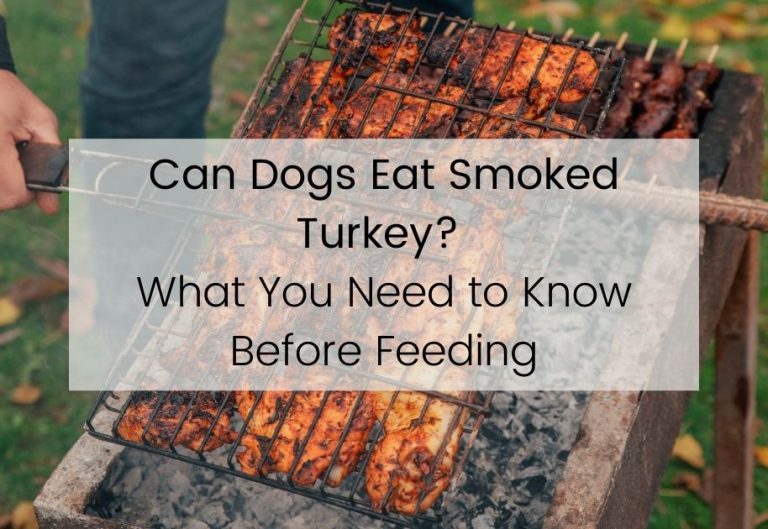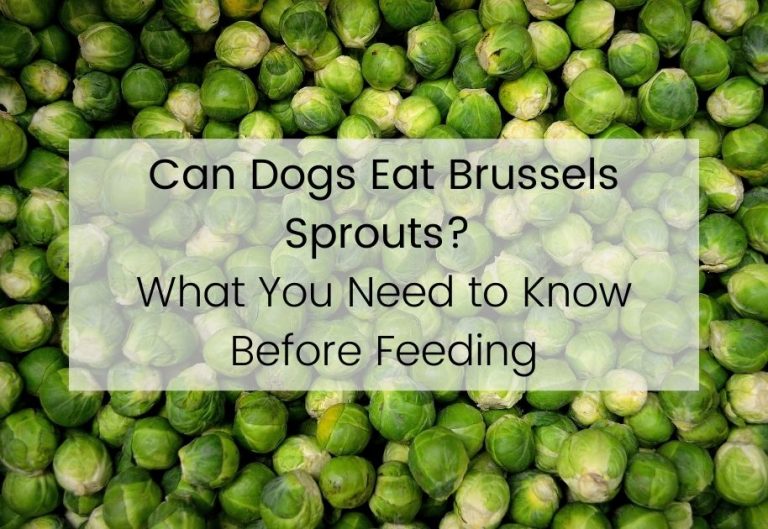Orange-Chicken Is High In Sugar
According to Petmd, The amount of sugar can cause problems for dogs. The sauce on orange chicken is hands-down the best part.
While this dish is incredibly tasty, it is also high in sugar.
The above recipe calls for the addition of two types of sugar, white and brown, as well as orange juice, which is high in fructose.
Is Sugar Bad For Dogs?
Dogs that eat a lot of human foods with additional sugar will often suffer from obesity, dental disease and later down the road, diabetes.
As a dog ages, he may become prone to conditions such as arthritis, hip dysplasia, and dental problems like tooth decay. He might have trouble walking because of his painful joints.
The foods and treats that your dog needs to stay healthy are what you should be feeding them.
While your dog may seem happy with some of the human treats they receive, there are other things that you need to consider.
What Ingredients In Orange Chicken Are Not Good For Dogs?
Some of the remaining ingredients stand out as being unnecessary or potentially harmful to the dog.
High concentrations of sodium can be found in soy sauce and salt.
Not only will a high amount of sodium make dogs very thirsty and prone to dehydration, but it can also lead to more serious conditions such as hypernatremia and heart disease.
The garlic in the dish can cause anemia in dogs by killing their red blood cells, which helps to carry oxygen throughout the rest of the body.
The amount of garlic in most orange chicken recipes is probably not large enough to harm a dog, but it is better to be safe than sorry, especially with foods that your dog doesn’t need to eat.
Should I Worry If My Dog Ate Orange Chicken?
If your dog gets a few bites of it, then you should give him a nice, big bowl of water.
They should be fine.
Just keep any eye out for any signs of upset stomach and lethargy.
You will need to monitor especially for signs of pancreatitis.
If your dog starts to vomit, becomes lethargic, experiences stomach pain, or shows any other symptoms described in the above sections, then take it immediately to the vet.
Conclusion: Can Dogs Eat Orange Chicken?
The short and fast answer is, yes. However, be aware of the potential stomach upset that ingesting such a salty, sweet and fatty food could cause.
Both high fat and sugar are not good substances for a dog to have even in moderate amounts.
Immediate problems such as pancreatitis can be caused by excess fat and sugar consumption, as well as long-term issues like obesity and diabetes.
If your dog gives you the best puppy eyes that it can muster, still consider giving it a dog-approved treat instead of your orange chicken.
Main Ingredients Of Orange Chicken
- Chicken thighs
- Orange Sauce [Made of orange juice, vinegar, soy sauce, sugar, brown sugar, red chili flakes, ginger, garlic, sesame oil, water, etc]
- Cornstarch & all-purpose flour
While chicken is a healthy protein for dogs to eat, the chicken thigh is commonly used for this dish.
Chicken thighs are much higher in fat content than breast meat, meaning it has a higher prevalence for causing stomach upset or diarrhea.
Orange chicken also has garlic in the sauce, and too much garlic can cause issues such as anemia.
Can Dogs Eat Orange Chicken?
If you’re wondering whether your dog can eat orange chicken, then this article will give you the answers.
What Is Orange Chicken?
Orange chicken is a popular Asian dish. It’s made from chicken thigh pieces that have been marinated in an orange-flavored sauce.
But, like many dishes, there are a few things you need to be aware of before serving orange chicken to your dog.
Can Dogs Have Orange Chicken?
Your gut instinct may be telling you not to give orange chicken to your dog, even if they give you the saddest puppy dog eyes.
Your gut instincts would be correct on this occasion.
There isn’t anything in the ingredients list that will cause harm to a dog, so one or two pieces of orange-flavored chicken should be totally fine.
However, those pups with a sensitive stomach could suffer from vomiting, diarrhea or pancreatitis.
What Part Of Orange Chicken Is Bad For Dogs?
Orange chicken isn’t great for dogs, but it’s certainly not dangerous.
A moderate amount of orange chicken is okay, but a large quantity could cause adverse health effects.
This is because of the high-fat content of the dish, like smoked turkey.
Orange chicken contains a lot of fat, which is very high in calories. One serving of the dish contains more than 400 calories.
For a small dog that is all the calories they need in one day! The ingredients in the orange chicken are also not suitable for dogs.
The Panda Express dish is high in fat, sugar, and calories, which in the long term can lead to weight gain, obesity, and diabetes.
Orange chicken contains citric acid, which can cause stomach upset. Citric acid is found naturally in oranges and lemons.
When consumed in large quantities, citric acid can cause stomach upset, vomiting, diarrhea, cramping, bloating, and even dehydration.
Orange Chicken Adds Fat
The healthiness of orange chicken is related to the fact that it is usually made with skinless chicken.
The recipe uses the thigh area of the chicken or other dark meat instead of the much leaner chicken breast.
This is due to the fact that the breast is more expensive and less tender than its thigh counterpart, as well as being more affordable.
Chicken dark meat contains more fat than the breast. The amount of fat and saturated fat in dark meat is three times greater than in breast meat.
You can also check this article about “Can dogs have beef?”
Cornstarch and flour do not have any fat in them.
Fat storage and weight gain are caused by the fact that they are composed almost completely of carbohydrates.
Cornstarch and flour are mixed with egg, salt, and white pepper to make a batter. Chicken pieces are coated in the breading and fried in oil.
A lot of that greasy goodness will be sucked straight into that batter, meaning your dog will get a heavy dose of unhealthy oil anytime they eat orange chicken.
Is Too Much Fat Bad For Dogs?
A small to moderate amount of fat is absolutely necessary for a dog’s diet. Omega 3 and 6 are helpful for brain, skin, and joint health as well.
However, too much fat will lead to weight gain, which will put heavy pressure on multiple joints as well as the organs such as the heart, liver, and kidneys.
Complications from obesity can be seen as a refusal to move, heavy breathing, and heart issues.
If things get really serious, the dog’s body composition will change as lean muscle is replaced with fat, and it could be affected by life-changing conditions such as diabetes.
If your dog consumes too many fat-heavy foods too quickly it can cause your dog to develop pancreatitis. This condition, while it can easily be treated, can also be deadly if not addressed quickly enough.
Most of the time, the most common symptoms of pancreatitis are:
- Stomach pain
- Diarrhea
- Vomiting
- Lethargy
- Fever
- Loss of appetite
Complicated cases of pancreatitis will need to be treated with IV fluids and anti-inflammatories. The long-term outlook for dogs with pancreatitis is positive, but they may become more prone to future bouts.
It is better not to give your dog high-fat human foods in general and instead feed it vet-approved meals designed for dogs.
![Can Dogs Eat Cornstarch? [Health Benefits & Side Effects]](https://doghealthknowhow.com/wp-content/uploads/2022/02/Can-Dogs-Eat-Cornstarch-768x529.jpg)
![Can Dogs Eat Weetabix? [Benefits and Risks]](https://doghealthknowhow.com/wp-content/uploads/2022/02/Can-Dogs-Eat-Weetabix-768x529.jpg)



